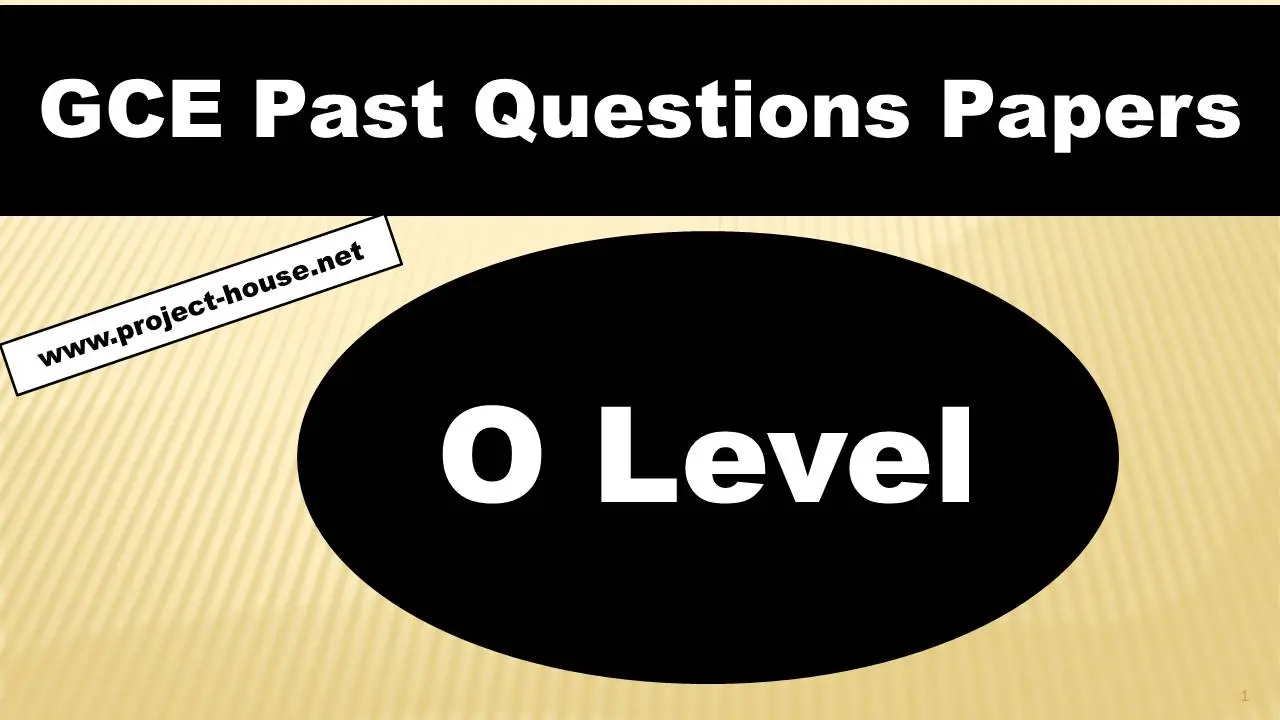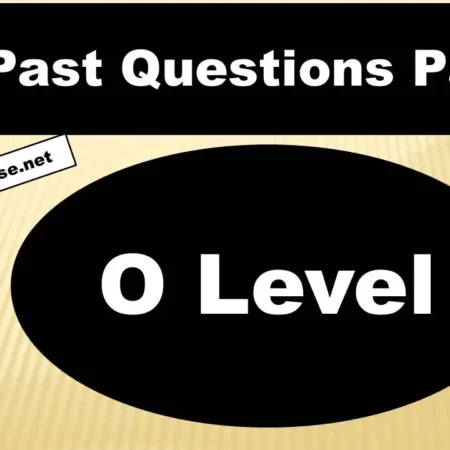GCE Ordinary Level History Paper 2 June 2023
GCE Ordinary Level History Paper 2 June 2023
Section A
Question 1 is compulsory.
Study the following extracts on the origin, evolution, and collapse of the German colonial rule in Cameroon. Answer questions (a) to (e) which follows. The maximum marks for each sub-question are indicated in brackets).
EXTRACT 1
‘’….In many ways, Nachtigal was the personal envoy of the two German Commercial Houses operating along the Cameroon coast, since he was instructed …..to claim for Germany wherever land the agents of the two German firms had acquired already or would acquire….
Two documents were signed at that time. The First was an expression of the wishes of the local chiefs ….. [Any contrary actions to] the document were important as far as later developments were concerned. The Second document was the treaty between the Germans and the Kings. Sovereignty over the land was given to the German traders under certain conditions….’
EXTRACT II
‘’When local Douala kings agreed to hand sovereignty to the German…the Cameroon…coastal strip…became a German colony. The Baptists at Victoria were replaced …and the capital was [later] established in Buea. Almost immediately, the Germans began to regret their promises to the Douala kings…The Germans independently began to explore the interior in order to see for themselves where the …goods were coming from and from this time on hostilities with the ….chiefs became inevitable….’’
EXTRACT III
‘’German rule came to a swift end…when the circumstances of the First World War meant the defeat and expulsion of the Germans from Cameroon. The capitulation of the Germans garrison ….marked the end of the German Kameroun Protectorate. Cameroon was provisionally divided ….but the boundary and adjustment were later made in an agreement signed on the 10th July 1919.’’
a). Give the name of the state official who assigned Natchigal to carry out the mission described in Extract I (1 mark)
b). Write down the names of the two commercial houses mentioned in Extract I (2marks)
c). What code name was used to identify what was described as the ‘’first document’’ in Extract I (1 mark)
d). State 2 conditions accepted by the Germans in the ‘’second documents’’ as indicated in Extract I (2 marks)
e). Write two wishes expressed by the local chiefs in the first document that was not respected by the Germans (2marks)
f). In which year and by which religious organization were the Baptists in Victoria replaced as indicated in Extract II (2marks)
g). Give the main reason why the capital was later established in Buea and the name of the colonial governor under whom the decision was taken (2 marks)
h). Give the location of the German garrison and the name of the military officer whose capitulation marked the end of the German rule in Kameroun and in which year the event cited above took place in Extract III (3marks)
i). Write down the code name that was given to the boundary adjustments mentioned in Extract III (2marks)
j). What effects did the defeat and expulsion of the Germans from Cameroon (mentioned in Extract III) have on Cameroon (4 marks)?
2). Described briefly (a) the causes and (b) the effects of any TWO of the native resistant to German colonial rule cited below:
a) Bakweri revolt
b) Bayang revolt
c) Bulu revolt
d) Bafut revolt
(5/5/5/5 marks)
3). Why did a plebiscite take place in Southern Cameroon in 1961? What role did the UNO play in the plebiscite? Outline the effects of the plebiscite on the political revolution of British Southern Cameroon up to 1965. (8/8/6 marks).
4). Explain why Cameroon adopted a federal system of government in 1961 and abolished it in 1972. Described the political changes which took place in Cameroon as a result of the abolitions of the federal system of government in 1972 and 1990. (6/6/8 marks).
Section B: African since 1870 (excluding Cameroon)
Answer one question from this section
5). In what ways did (a) the industrial revolution and (b) the rise of new European powers cause the scramble for Africa in the last quarter of the 19th Century? What methods did the Europeans use to acquire colonies in Africa? (6/6/8 marks).
6). What internal and external factors led to the rise of nationalism in Ghana after 1945? Described the role played by Kwame Nkrumah in the struggle for decolonization and independence of Ghana by 1960. (6/6/8 marks)
7). What were the main causes for and consequences of the frequent military take-over in Nigeria since the mid-1960s? (10/10 marks).
SECTION C: WORLD HISTORY SINCE 1870
Answer one question from this section
8). What are the main objectives of Bismarck’s foreign policy between 1870 and 1890? What were the successes and failures recorded by Bismarck’s foreign policy and how Bismarck’s diplomacy contributes to the outbreaks of the First World War? (5/5/5/5 marks).
9). Why did Britain and France adopt the policy of appeasing the aggressive states in the 1930s? Why and with what consequences was this policy abandoned by 1939? (7/6/7 marks).
10). Writes short historical notes bearing on (a) activities and (b) the importance of any TWO of the following structure of the League of Nations.
a) ILO
b) The Mandate Commissions
c) The Disarmament Commission
d) The Refugee Commission
e) The Health Commission
f) The Assembly
(5/5/5/5 marks)
Check Out:
GCE Ordinary Level Commerce Paper 2 June 2023
GCE Ordinary Level Food and Nutrition Paper 2 June 2023
GCE Ordinary Level Citizenship Education Past questions 2023





Leave a Reply